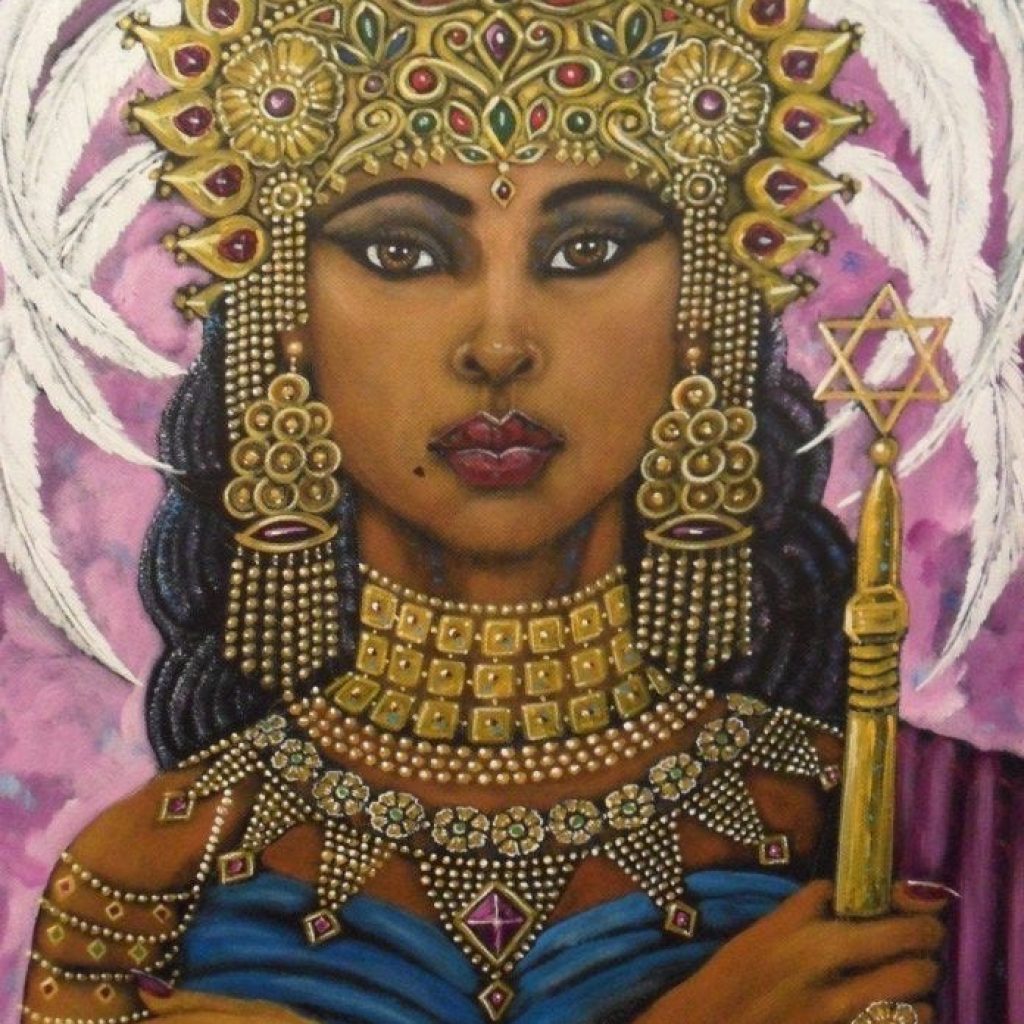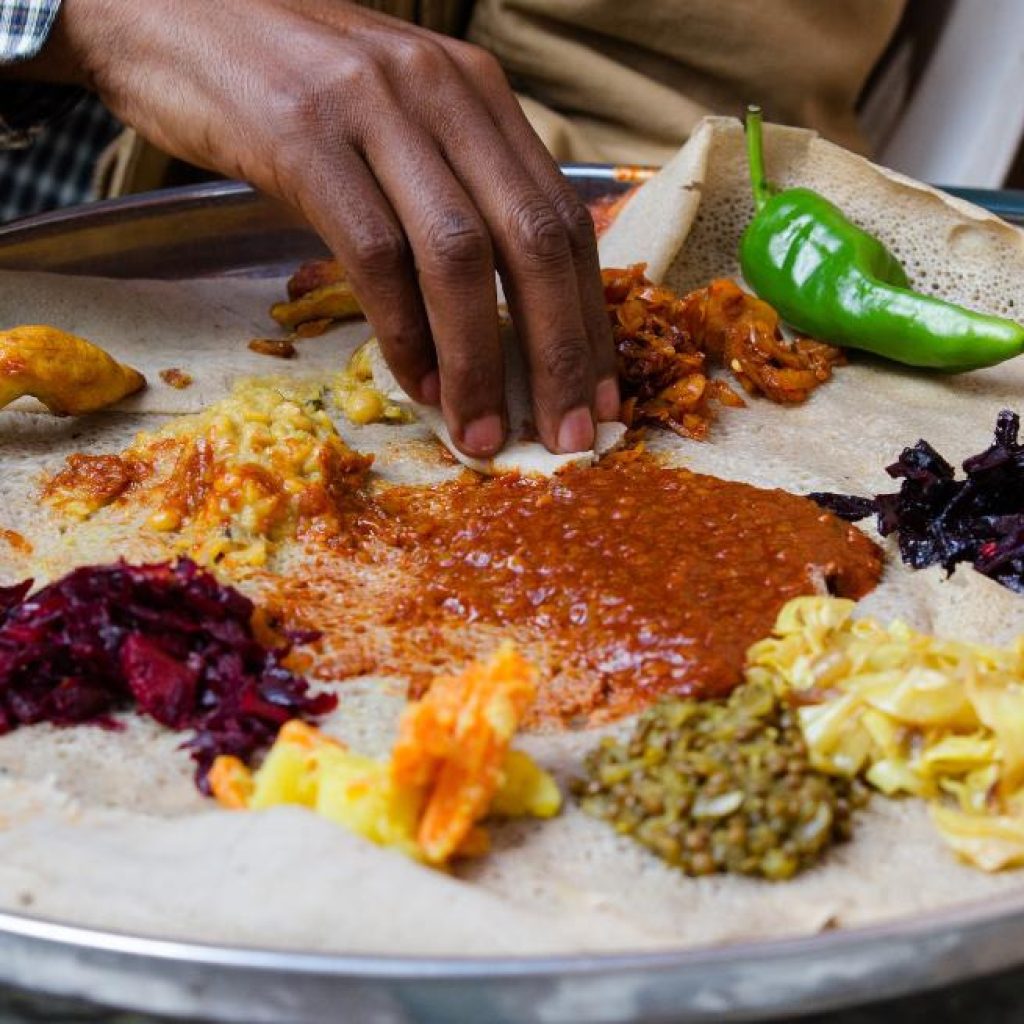Ethiopia Celebrates Enkutatash: Welcoming the New Year with Tradition and Joy
Addis Ababa, Ethiopia – Ethiopia is celebrating its New Year, known as Enkutatash, with a series of vibrant events and cultural activities. This unique celebration, which takes place on September 11th according to the Ethiopian calendar, is a significant cultural event for Ethiopians and is marked with traditional festivities and community gatherings.
Historical Background

Enkutatash, meaning “gift of jewels” in Amharic, has deep historical roots in Ethiopia. The celebration is linked to the end of the rainy season and the beginning of the harvest season, which is a time of great importance in Ethiopian agriculture. The festival is traditionally associated with the Queen of Sheba’s return from her visit to King Solomon in Jerusalem. According to legend, upon her return, the people of Ethiopia celebrated with gifts and jewels, which is reflected in the name of the festival.
The Ethiopian calendar is unique, with its own set of months and years, differing significantly from the Gregorian calendar used in most of the world. Ethiopia follows a calendar that is approximately seven to eight years behind the Gregorian calendar, which means that while the rest of the world is in 2024, Ethiopia is in 2017. This discrepancy results from differences in the way the calendars calculate the passage of time, including the calculation of the birth of Christ, which is a key point in determining the calendar year.
Festivities Across the Nation
In Addis Ababa and throughout Ethiopia, Enkutatash is celebrated with enthusiasm and joy. The celebrations typically begin with a grand parade in the capital, showcasing the country’s rich cultural heritage. Traditional music and dance performances are central to the festivities, with local artists performing songs and dances that reflect Ethiopia’s diverse cultural landscape.
The streets of Addis Ababa are decorated with colorful banners and lights, creating a festive atmosphere. Food plays a significant role in the celebration, with local vendors offering a variety of traditional Ethiopian dishes such as doro wat (spicy chicken stew), kitfo (minced raw beef), and injera (a sourdough flatbread). Families gather to share these meals, exchange gifts, and celebrate together.

Cultural Significance
Enkutatash is not only a time for celebration but also a period for reflection and renewal. Traditional customs include attending church services to give thanks and seek blessings for the coming year. Lighting candles and offering prayers are common practices during the festivities, symbolizing hope and renewal.
Community gatherings are a key aspect of the celebration, with many Ethiopians coming together to participate in cultural activities and enjoy the festivities. Traditional dances, music performances, and local festivals highlight the country’s rich heritage and provide a platform for expressing cultural pride..
Government and Community Initiatives
This year, the Ethiopian government has introduced several initiatives to enhance the New Year’s celebrations. Special events and community activities are organized to promote unity and cultural pride among citizens. Security measures are also in place to ensure the safety and enjoyment of participants during the festivities.
As Ethiopia celebrates Enkutatash, there is a strong sense of optimism and anticipation for the coming year. The festivities serve as a reminder of the country’s rich cultural heritage and the resilience of its people. The New Year’s celebrations provide an opportunity to reflect on past achievements and look forward to new possibilities.
Ethiopia’s Enkutatash is a vibrant celebration that highlights the country’s unique cultural traditions and deep historical roots. The festival, marked by traditional music, dance, and community gatherings, reflects the spirit of renewal and gratitude that defines this important cultural event. As Ethiopia embraces the New Year, it does so with a sense of pride and hope for the future.


